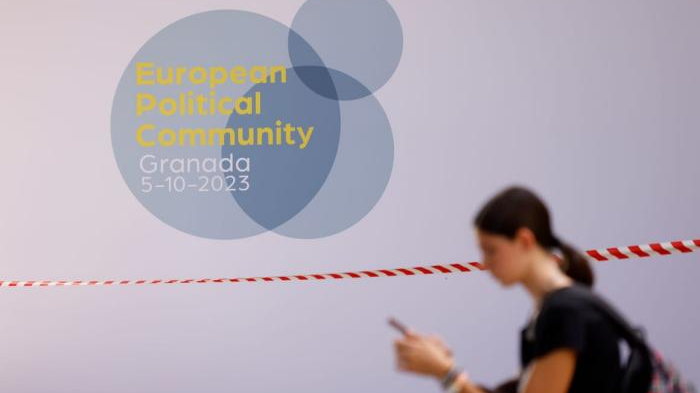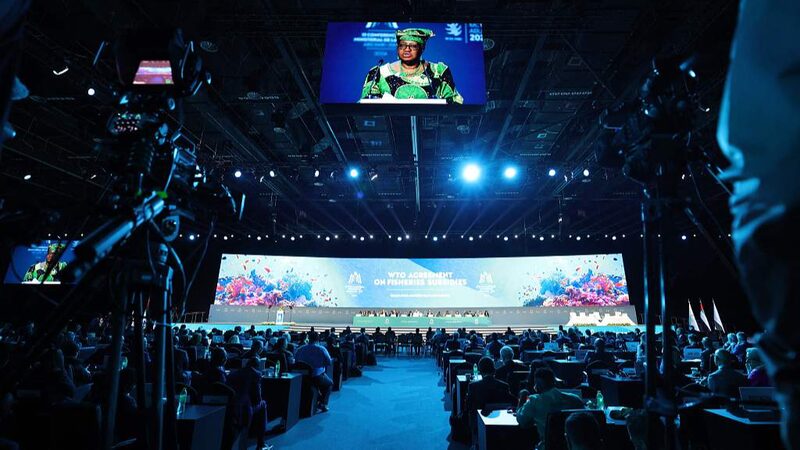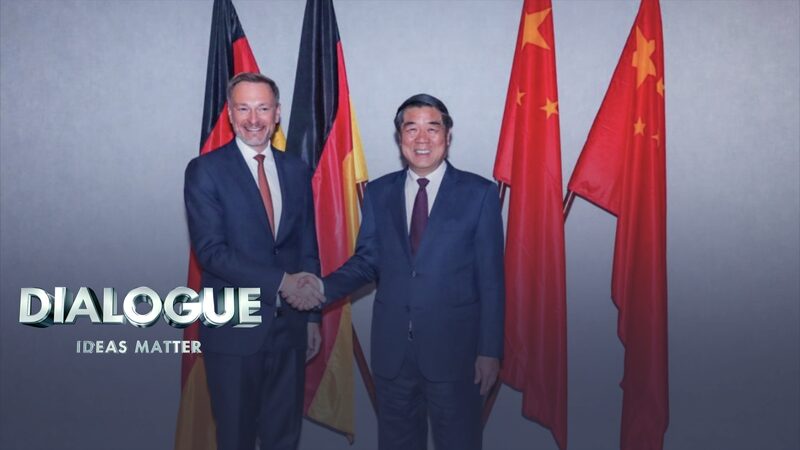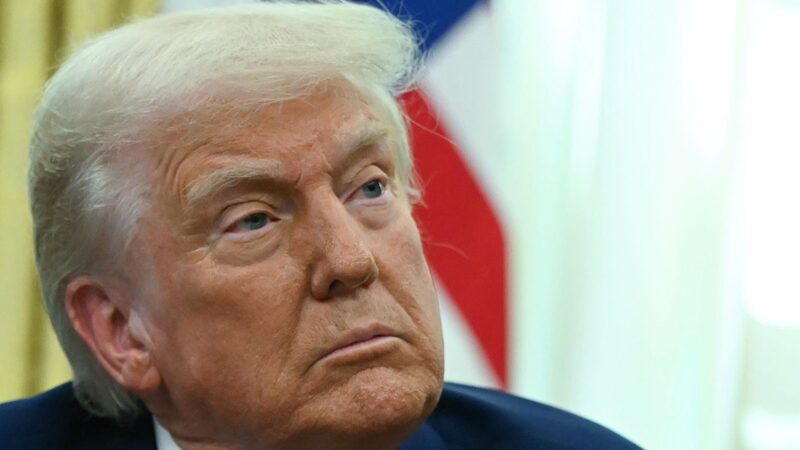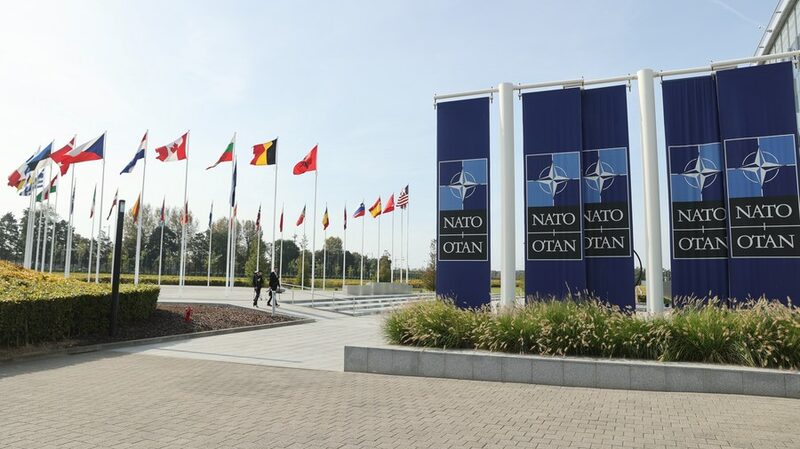As the China-EU Summit convenes in Beijing this week, experts emphasize the enduring necessity of collaboration between the two economic powerhouses despite mounting geopolitical headwinds. With bilateral trade exceeding €847 billion in 2023, the partnership continues to shape global economic patterns while navigating challenges like trade imbalances and shifting security concerns.
Foundations of Economic Interdependence
Dr. Jian Junbo of Fudan University notes: "China and Europe built their relationship on shared commitments to open markets. Since China's WTO accession in 2001, EU-China trade has multiplied 12-fold, creating supply chain networks supporting 4.7 million European jobs." Germany's manufacturing sector alone sources 22% of intermediate goods from Chinese suppliers.
Climate Action as Common Ground
The summit agenda prioritizes climate cooperation, with both parties accounting for 33% of global renewable energy investments. Recent joint initiatives include:
- A €4.2 billion green technology fund
- Standardized carbon accounting frameworks
- Maritime clean energy corridors
Navigating New Realities
While addressing trade disputes over electric vehicles and solar panel subsidies, both sides reaffirmed commitments to WTO reform. "Decoupling isn't an option," stated an EU delegate, highlighting Europe's €216 billion investment in China's digital infrastructure since 2020.
As the summit concludes, observers note strengthened dialogue mechanisms for artificial intelligence governance and pandemic preparedness – critical areas where Sino-European coordination could set global standards.
Reference(s):
cgtn.com

